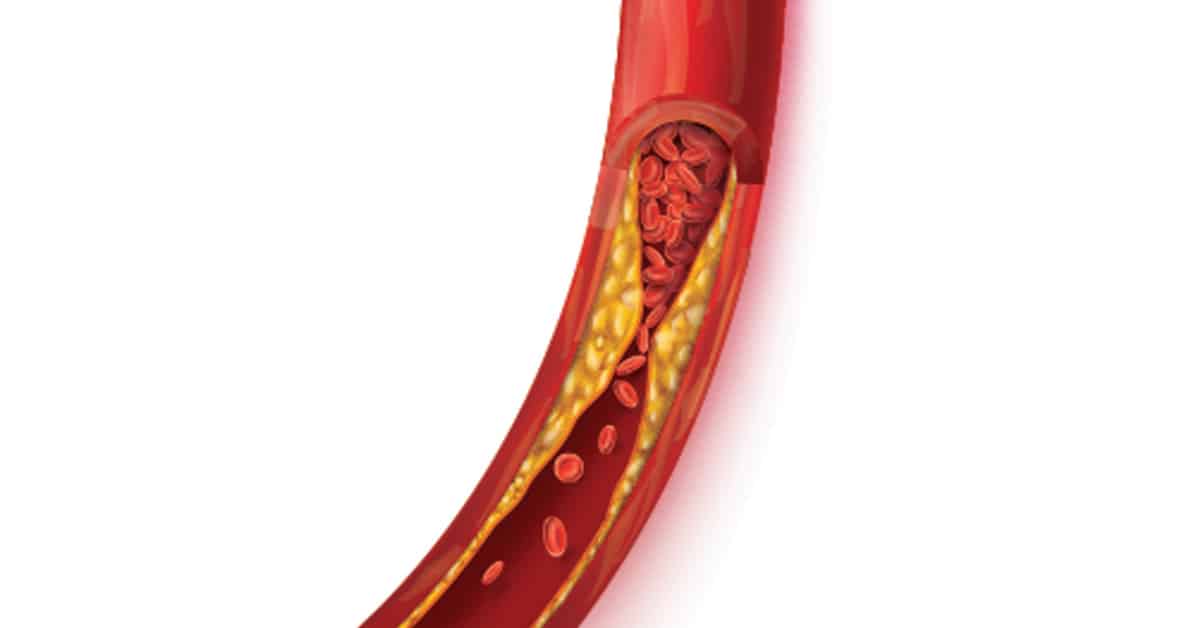By Jillian Levy, CHHC
March 15, 2019
Given the fact that the ketogenic diet is a high-fat, low-carb diet — one which emphasizes foods like coconut oil, butter and meat — this leaves many people wondering: Is the keto diet bad for your heart? Despite what you might think, the keto diet has actually been associated with improvements in cardiovascular health.
Is the keto diet safe for someone with high cholesterol? Because keto is rich in fats, including saturated fat and cholesterol found naturally in animal-derived foods like eggs and meat, many people will experience an increase in cholesterol after beginning the keto diet. However, studies suggest the connection between the keto diet and cholesterol is actually positive.
Recently, we’ve come to understand that higher cholesterol isn’t always a bad thing, and rather that experiencing chronic inflammation as well as elevated triglycerides, due to causes like an overall poor diet, insulin resistance and unhealthy lifestyle, is likely a much bigger threat.
Answering Your Questions About How the Keto Diet Impacts Cholesterol
Before diving into more details about the keto diet and cholesterol, let’s start by looking at some basic facts about how cholesterol works.
For decades cholesterol has gotten as a bad rap, but in reality cholesterol plays many important roles in the body. For example, cholesterol has functions including:
- Helping with sex hormone production (including of progesterone, estrogen and testosterone)
- Forming structures of the brain
- Supporting cognitive/mental function, including in children and older adults
- Facilitating absorption of fat-soluble nutrients (including vitamins A, E, D and K)
- Ushering nutrients, triglycerides and other compounds into cells to be used for energy
Cholesterol in our body is present in the form of fatty acids (lipids) that travel through the bloodstream. What’s important to understand about cholesterol is that the balance between LDL and HDL cholesterol is very important. If you have higher LDL, you also want to have higher HDL in order to help clear LDL from the bloodstream.
There are two different types of LDL cholesterol, the type that is often referred to as “bad cholesterol”: large particle LDL (or pattern A) and small particle LDL (or pattern B). What’s the difference, and which one is more dangerous for heart health?
Pattern A carries more fat-soluble nutrients and antioxidants and can actually protect against oxidative stress, while pattern B is more likely to be oxidized and to form plaque buildup in the endothelial lining of the arteries, raising the risk for heart-related problems.
How does the keto diet affect cholesterol levels?
Studies have found that the ketogenic diet can positively affect cholesterol levels, heart health and metabolic health in the following ways:
- Increases LDL particle size (increases pattern A), which leads to less risk for oxidative stress
- Improves the LDL to HDL ratio. In other words, increases HDL cholesterol, which helps to balance the effects of LDL
- Lowers triglycerides, which is protective considering high concentrations in the blood indicate an elevated risk of stroke and heart problems
- Improves triglyceride to HDL ratio
- Reduces insulin resistance and helps manage blood sugar (glucose) levels, especially when compared to high-carb diets
- Helps reduce chronic inflammation
- Helps prevent obesity by reducing hunger and decreasing ad libitum calorie intake
Does the ketogenic diet cause high cholesterol? Does ketosis cause high cholesterol?
Eating plenty of healthy fats on the keto diet will raise HDL cholesterol (often called the “good kind”) and increase the LDL/HDL cholesterol ratio, which are two key markers of general health. Studies show keto will usually decrease levels of triglycerides, LDL cholesterol, blood glucose and reduce body mass index.
Is there such thing as a low cholesterol keto diet?
It’s technically possible to eat a low cholesterol keto diet, since the keto diet includes a number of foods that lower cholesterol. Examples include avocado, olive oil, nuts, seeds and vegetables.
However, in most cases, avoiding all foods that contain cholesterol (like eggs or cheese) isn’t necessary to support heart health, especially since some sources of cholesterol can be nutrient-dense foods. What’s important is practicing moderation and finding balance in your diet, as well as eating a combination of natural foods that fight inflammation.











